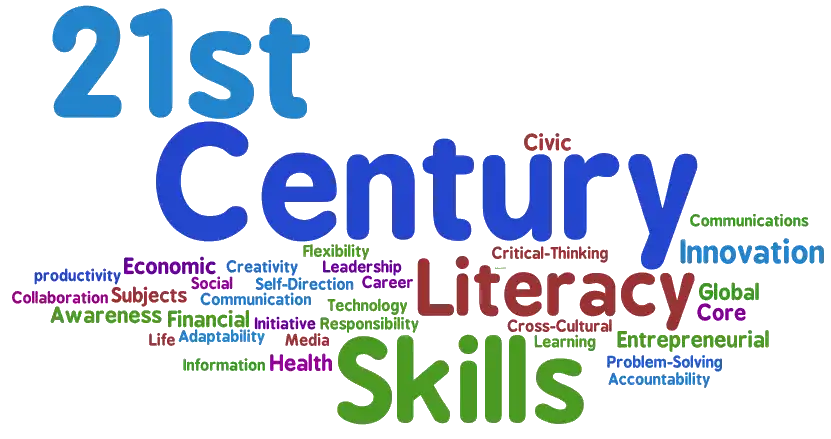Brief Details about the Programme:
The Institution of Engineers (India), Coimbatore Local Centre organized a All-India Seminar on “Innovative Trends and Aspects of Nanotechnology: Fueling the Chemical Industry's Future” in association with Department of Civil Engineering, KPR Institute of Engineering and Technology (KPRIET), Coimbatore during September 22nd and 23rd 2023.
Day-1 (21/09/2023)
Inaugural session
The Inaugural function started with welcome and presidential address by Dr S Shanmugam, Chairman, IE(I), Coimbatore Local Centre in which he briefed upon the activities and the importance of the seminar. Dr. S. Balasubramanian, Professor and Head, Dept. of Chemical Engg., KPRIET presented an overview of the seminar. Dr Nitu Kumari, Assistant Professor, Dept. of Chemical Engg., KPRIET gave the brief introduction about the chief guest. Dr. Yoshimitsu Uemura, visiting professor of Chemical Engineering, KPRIET, delivered the chief guest address elaborating the importance of Nanotechnology in Chemical Industries. The souvenir was released by the dignitaries. Lt. Dr. A K Priya, Professor, Dept. of Chemical Engg., KPRIET proposed the vote of thanks.
Technical Session - I
The first technical session started on “Supported metal catalyst: metallic nanoparticles” by Dr. Yoshimitsu Uemura. The importance of supported metal catalysts featuring metallic nanoparticles was explained during the talk. The significance of each technique in supported metal catalysts quality and detecting defects was emphasized.
Technical Session - II
The second key note session was delivered by Dr. R. Selvakumar. He has shared his expertise on ‘Antibiotic mitigation using nano bio approach. The Resource person highlighted the benefits of Nano bio approaches and told that it can improve the delivery of antibiotics to target pathogens, ensuring more effective treatment. Nanoparticles can encapsulate or carry antibiotics directly to infection sites, increasing their concentration where needed.
Technical Session - III
The Third key note session was delivered by Dr. Udaya Bhaskar Reddy Ragula. The topic of the presentation, ' Nanocatalysis for Hydrogen Production' was presented by the resource person. The critical importance of a nano particles were discussed as it provide a higher surface area-to-volume ratio, allowing for increased catalytic activity. This means that nanocatalysts can facilitate hydrogen production reactions more efficiently than bulk catalysts, potentially lowering the energy input required. were discussed.
Technical Session - IV
The Third key note session was delivered by Dr. R Ranjithkumar, about the topic “Potential applications of green chemistry in nanotechnology and opportunities”. The speaker highlighted the benefits of green chemistry principles applied to nanotechnology offer several significant benefits, promoting more sustainable and environmentally friendly approaches to nanomaterial synthesis and applications: Reduced Environmental Impact: Green chemistry principles prioritize the design and synthesis of nanomaterials with minimal environmental harm. This approach minimizes the release of hazardous byproducts, toxic substances, and waste materials into the environment, mitigating potential harm to ecosystems and human health.
Day-2 (22/09/2023)
Technical Session - V
The technical session V was delivered by Dr. G. Surendran, Associate professor, department of Chemical Engineering, KPRIET. The Speaker discussed about Dispersion modelling. It is often used in environmental science and engineering, is a computational tool for predicting the distribution and concentration of pollutants or particles in the air, water, or soil. It considers factors such as emission sources, meteorological conditions, and terrain to simulate how pollutants disperse and spread over time. By providing insights into the spatial and temporal behaviour of pollutants, dispersion modelling helps assess air quality, plan for emergency responses, design effective pollution control measures, and make informed decisions for environmental protection and public health.
Technical Session - VI
The technical session V was delivered by Dr. Laxmi Deepak Bhatlu M., Assistant Professor, department of Chemical Engineering, KPRIET. The presentation's focus on addressing Nanotechnology's Role in Clean Water: Innovations in Water Treatment as:
Nanotechnology plays a pivotal role in advancing clean water technologies by offering innovative solutions for water treatment. Nano-enabled water treatment methods utilize nanomaterials like nanoparticles and nanocomposites to efficiently remove contaminants from water sources. These nanomaterials possess high surface areas and reactivity, making them effective in adsorbing, degrading, or filtering pollutants such as heavy metals, organic compounds, and pathogens. Nano-enhanced membranes and filtration systems improve water purification processes by enhancing efficiency and reducing energy consumption. Additionally, nanotechnology aids in the development of portable, affordable, and sustainable water treatment systems, addressing global challenges related to clean and safe drinking water access.
Technical Session - VII
The technical session VII was delivered by Ms. L Dharani, Assistant Professor, Department of Chemical Engineering, KPRIET. The presentation's focus on addressing Nanomaterials: Building Blocks of the Future as:
Nanomaterials are the foundation of the future, offering unprecedented potential in various fields. These materials, engineered at the nanoscale, exhibit unique properties and versatility. They enable breakthroughs in electronics, medicine, energy storage, and more. Applications range from ultra-efficient solar cells and drug delivery systems to lightweight, high-strength materials. Nanomaterials also hold promise for addressing environmental challenges like pollution cleanup. As we harness their capabilities, nanomaterials are poised to revolutionize technology, improve healthcare, and drive sustainable innovations, shaping the future in remarkable ways.
Technical Session - VIII
The technical session VIII on was delivered by Dr. Nitu Kumari, Assistant Professor, Dept. of Chemical Engg., KPRIET. The speaker's expertise solar cell was highlighted, and the seminar's focus on the Use of nano materials in Solar Cell. She explained the optimization technique of each and every layer of solar cell and importance in real life.
The program ended with valedictory session.
21st Century Engineering College in Coimbatore
World is transforming everyday. In the rapidly evolving engineering landscape, we have an Increased responsibility to transform the engineering education from traditional curriculum to meet the 21st century skills like Creativity, Critical Thinking, Collaboration and Communication. Through our unique and strategic approach we enable our students to learn beyond and prepare them for life long success.
